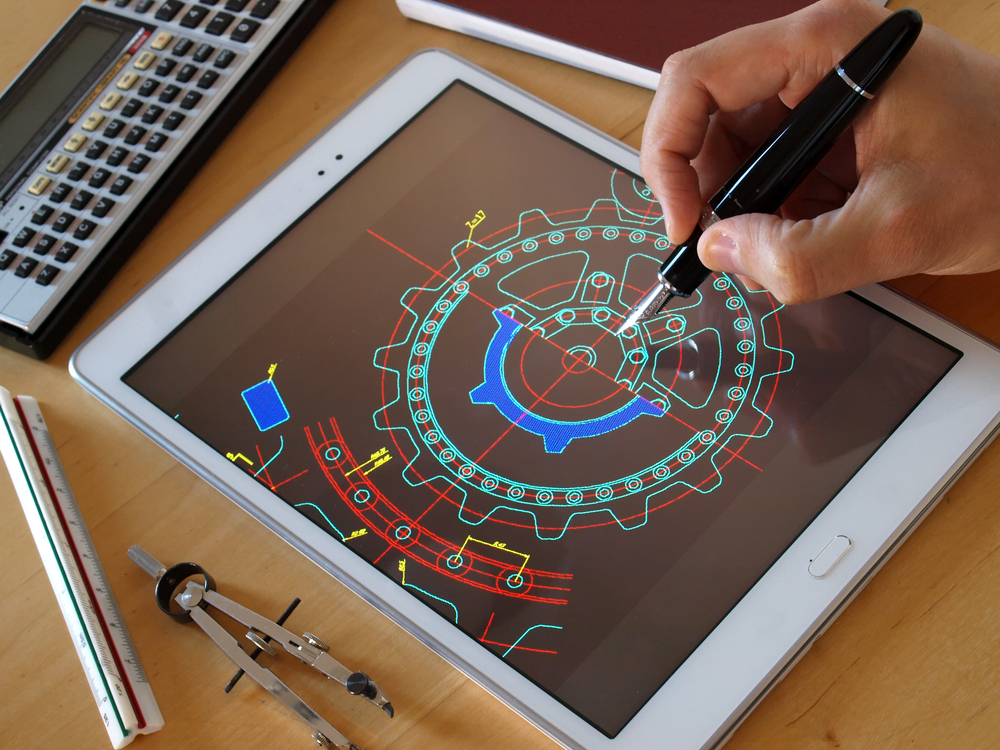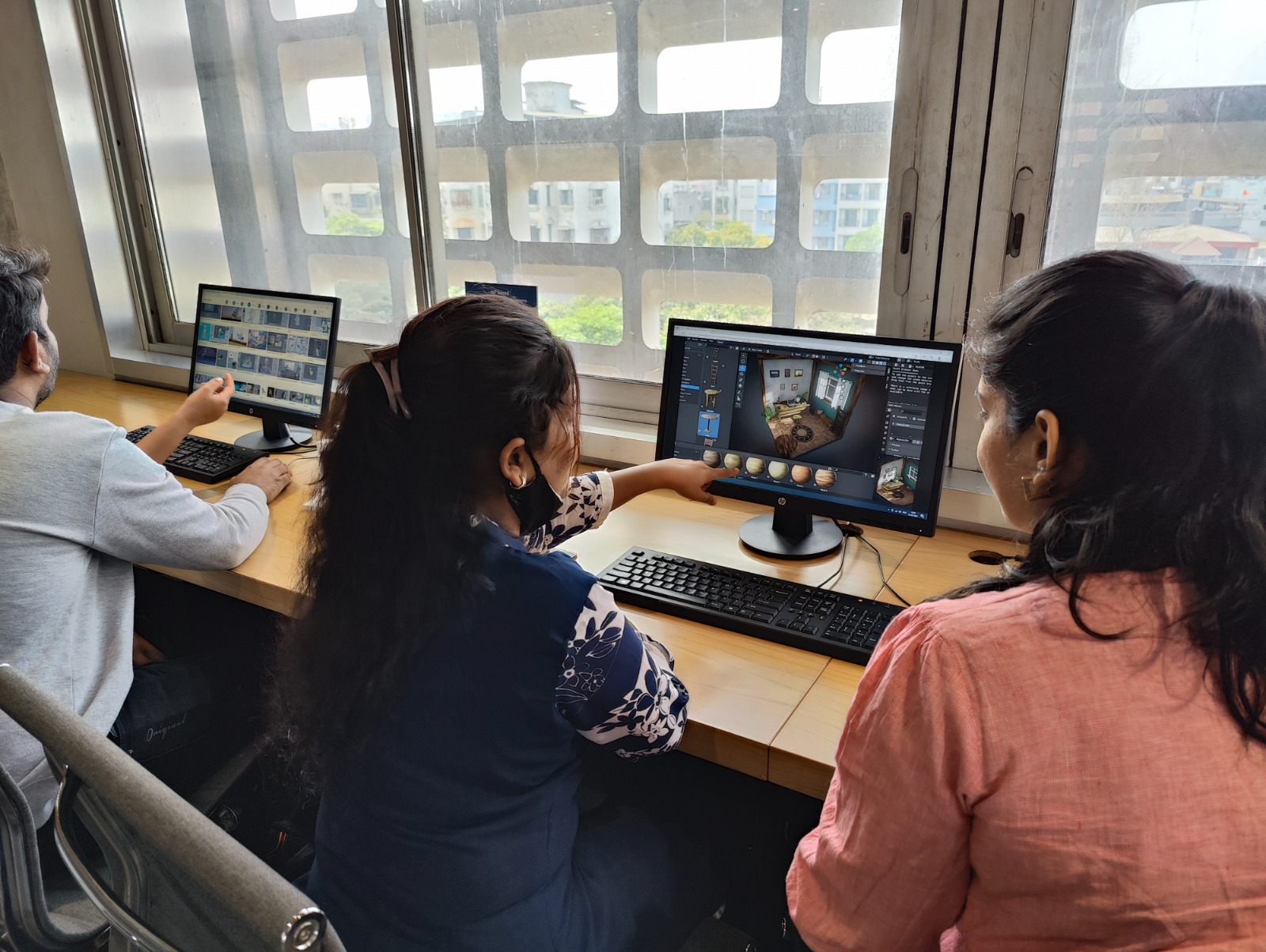Main Content
B.Sc in Product Design
Course Overview

- Our Product Design Programme help students understand the various approaches, processes and systems to address human needs by creating tangible products.
- In the different courses, the learners pursue, the emphasis is on learning by doing and following a comprehensive process of designing, producing and marketing products, systems and services.
- The programs covered will make the students understand concepts like design ethnography, design research, Ergonomics, Design Process, Strength of Materials, History of Design, Green Design, sustainable design and System Design.
- The program is uniquely customized to suit the creative elements of every student as a way of bringing out the creative and innovative design essence within them.
- The Faculty is equipped with state-of-the-art facilities and design studios that go on to shape the practical skills of the students, thus developing within them an apt understanding of the industrial practices during the course of their program.
Course Highlight

- The program will help students to gain comprehensive knowledge of product design, testing and certification.
- It prepares the students to embark on a career in relevant industries.
- Students will be exposed to frequently organized workshops and training sessions on overall personality development, behavioural skills, social and technical skills.
- Regular hands-on sessions and effective practice using a variety of materials for developing a range of products.
- You'll have core knowledge of the design process, ensuring that well-designed products are suited to companies and markets and can compete both locally and globally.
- You’ll also develop a wide range of aesthetic, graphic communication, analytical and practical skills to overcome the problems encountered when turning a good idea into a best-selling product.
- After completion of course graduates will also be qualified for further study in testing and certification, engineering, applied sciences or related areas.
Program Outcomes

- Use the Product Design and Development Process, as a means to manage the development of an idea from concept through to production.
- Employ research and analysis methodologies as it pertains to the product design process, meaning, and user experience.
- Apply creative process techniques in synthesizing information, problem-solving and critical thinking.
- Demonstrate and employ hand drawing and drafting principles to convey concepts.
- Use basic fabrication methods to build prototype models for hardgoods and soft goods and packaging.
- Demonstrate, apply, explain, and recognize basic engineering, mechanical, and technical principles.
- Demonstrate, apply, explain, and recognize basic family of materials used in soft goods and hard-goods, including sustainable materials and manufacturing processes.
Scope of Program

Individuals who have graduated in product design can look for jobs in
various industries, multinational companies, and even in thriving businesses
who are constantly dealing with design and creation or manufacturing of
various products. The advantage of this course study is that in completion
of the course individuals can open their own business and start selling and
designing their products.
This course is usually pursued by business-oriented individuals with a keen
interest in setting up their own business. If they want to pursue higher
studies at the postgraduate level.
Key Features

- Our product design graduates blend creative design thinking with scientific human centred analysis and insight to make workable and functional product solutions.
- Graduates will be able to identify consumer needs and design products that meets technical, functional, aesthetic and economic criteria.
- Academic modules cover the complete design cycle from conceptual design through to analysis and optimisation, product development, prototyping, presentation and design for manufacture.
- The course aims specifically to produce product designers who will be educated to honours degree level and who are thus able to work as product designers at a professional level in industry.
- This course is thus intended for individuals who aspire to become Product Designers and helps them to develop the appropriate skills. knowledge and competencies required to meet the industry's
Syllabus
Click Here For SyllabusInternship

There are different internships that a student can pursue after their
graduation or while doing their graduation. These internships present a
better insight into the domain of product designing and provide a great
experience in this career. Involving in the varied jobs or internships
students.
The Product Design Intern creates designs for new products and
improvements to existing products. The Intern works hands-on in all design
phases, including designing, modelling, testing, and producing prototypes.
Placement Opportunities
In completion of the course study in product design, whether undergraduate or postgraduate degree provides various job profiles from many top recruiting companies in colleges or outside the campus. There is a wide range of job profiles to choose from according to an individual’s skills and knowledge in the field concerned. Let us look at some of the best job profiles for people completing the course in product design.
BSc in Product Design students can lead to a wide range of career opportunities in the below Sectors.
- Marketing
- Public Relations
- IT Companies
- Architectural Industries
- Social Media Platforms
- Hardware Companies
- Software Companies
More Details
Eligibility
- Interested candidates should score at least 50% or above in their 10+2 qualifying exams.
- Individuals can complete 10+2 in any stream from a recognized board.
Course Duration
3 years course
Fee Structure
Course fee INR 5.50 Lakh per Year
Mode of Payment
- After the step of successful document verification and allocation of seat to the desired course, the following modes of payment can be adopted.
- Initial payment of first Semester Tuition Fees (50%) needs to be paid through either RTGS/NEFT/IMPS mode.
- The students can also pay in the form of a Demand Draft drawn in the name of the course or through cheque payment.
- The students shall be issued online receipts after the deposition of the Tuition fees (Semester 1)
- In case of any discrepancies, the students should visit the Centralised Admissions Office

